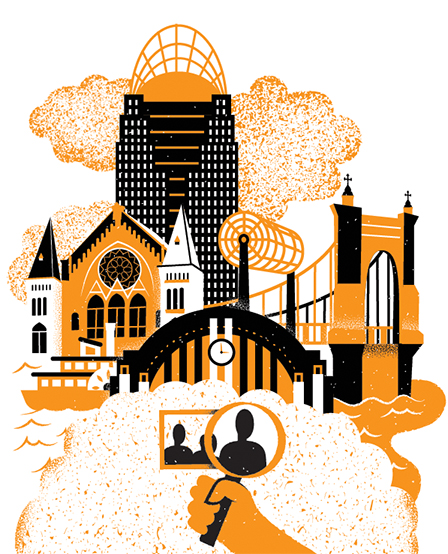AARP Hearing Center

The same tools that amateur genealogists use to trace their family trees are used to track down missing heirs and solve crimes.

Learn how to trace your lineage and find out how genealogy intersects with the worlds of crime and law enforcement in Genealogy 301—a free virtual presentation offered by AARP in Cincinnati.
The session with forensic genealogist Katharine O’Connell of Cleveland-based North Coast Genealogy will run from 7 to 8:15 p.m. on Tuesday, Sept. 26.
Registration is required. To sign up, go to events.aarp.org/forensicgenealogy.
O’Connell’s online discussion will include tips about how to nail down facts to reach a greater degree of certainty about your family history.
“Every single family is like a novel,” she says. “It’s a pleasure and an honor ... to be uncovering their story.”
O’Connell specializes in helping attorneys and banks locate missing or unknown heirs.
She uses many of the same tools as family historians: family trees, census records, phone books, newspaper records and obituaries. O’Connell emphasizes the importance of leaving a will.
“If you don’t, that’s when they have to hire me,” she says.
—Hilary Appelman































































